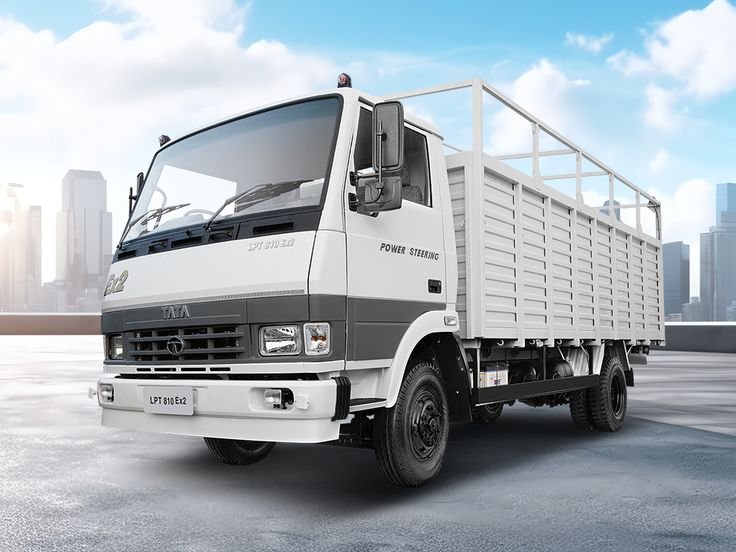Small trucks are ideal for last-mile delivery—the final step in the logistics chain where goods reach the end customer. Here’s why they outperform larger vehicles:
1. Better Maneuverability
- Narrower bodies easily navigate tight urban streets, alleys, and crowded neighborhoods.
- Easier parking (even in small spaces) compared to large box trucks or trailers.
2. Fuel & Cost Efficiency
- Smaller engines consume less fuel, reducing operational costs.
- Lower maintenance expenses (tires, brakes, and parts are cheaper).
3. Faster Deliveries
- Quicker loading/unloading due to compact size.
- Avoid traffic congestion better than bulkier trucks.
4. Lower Emissions
- Many small trucks are electric or hybrid, complying with urban eco-friendly regulations.
- Reduced carbon footprint compared to diesel-powered large trucks.
5. Access to Restricted Zones
- Some cities ban large trucks in certain areas (pedestrian zones, residential areas).
- Small trucks often face fewer delivery time restrictions.
6. Scalability for Small Orders
- Perfect for e-commerce, food delivery, and small-business shipments.
- Reduces wasted space (no half-empty large trucks).
Examples of Small Delivery Trucks:
- Electric Vans (e.g., Ford E-Transit, Rivian EDV)
- Compact Trucks (e.g., Nissan NV200, Ram ProMaster City)
- Cargo Bikes/Trikes (for hyper-local deliveries)
When Large Trucks Are Still Needed:
- Bulk deliveries (warehouse restocking, industrial shipments).
- Rural areas with no space constraints.
For urban last-mile logistics, small trucks offer speed, savings, and sustainability—making them the top choice for modern delivery fleets.
Would you like recommendations for specific models based on your cargo type?
